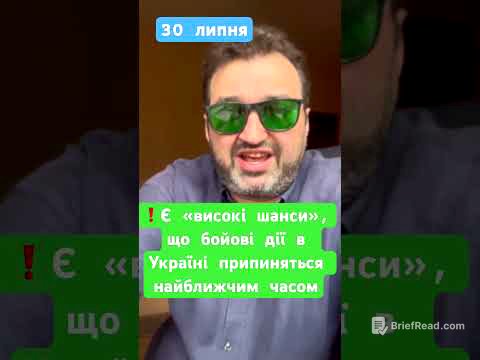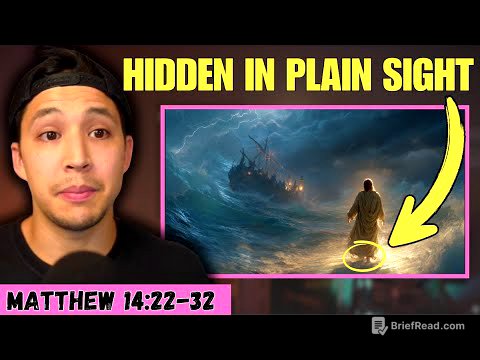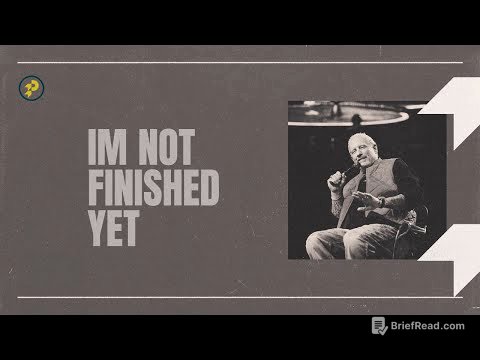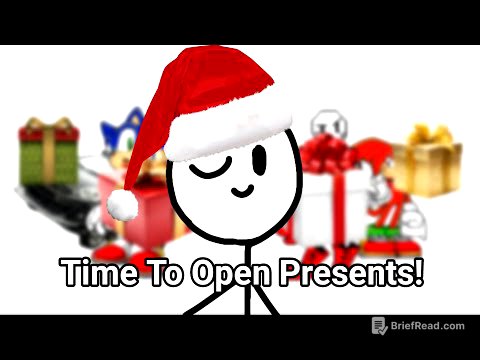TLDR;
This lesson covers the music of the Medieval and Baroque periods, including their characteristics, famous composers, and musical genres. The Medieval period, influenced by the Christian church, featured Gregorian chants. The Baroque period, known for its elaborate ornamentation, introduced genres like concerto grosso, fugue, oratorio, and chorale. Key composers from these eras include Adam de la Halle, Johann Sebastian Bach, Antonio Vivaldi, and George Frideric Handel.
- Medieval period: Gregorian chants, monophonic music.
- Baroque period: Elaborate melodies, concerto grosso, fugue, oratorio, chorale.
- Composers: Adam de la Halle, Bach, Vivaldi, Handel.
Music of the Medieval Period (700-1400) [0:37]
The Medieval period, also known as the Middle Ages or Dark Ages, began with the fall of the Roman Empire. During this time, the Christian church significantly influenced Europe's culture and political affairs. Pope Gregory I established Gregorian chants as the approved music of the Catholic Church, naming them after himself. Gregorian chants, played during church mass, are monophonic, feature a free meter, are based on Latin liturgy, and use neume notation to set music to existing texts.
Adam de la Halle [2:14]
Adam de la Halle was a prominent secular composer of the Medieval period. His literary and musical works included chansons and poetic debates. His musical play Jeu de Robin et Marion is considered the earliest surviving secular French play with music and is his most famous work.
Music of the Baroque Period (1685-1750) [2:48]
The term "baroque" comes from the Portuguese word "barroco," meaning a pearl of irregular shape. The arts during this period highlighted grandiose and elaborate ornamentation, reflected in musical compositions. Baroque music features elaborate and ornamental melodies that are not easy to sing or remember. It primarily uses contrapuntal textures with some homophony and dynamic contrast. Common genres include operas, oratorios, suites, toccatas, concerto grosso, and fugues. Orchestras consisted of strings and continuo, with harpsichord and organ as commonly used keyboard instruments.
Baroque Period Genres [4:13]
Several genres of music were developed during the Baroque era. Concerto grosso is a form of orchestral music featuring a contrast between a small group of solo instruments (concertino) and the whole orchestra (tutti). Concerto employs a solo instrument accompanied by an orchestra. Fugue is a contrapuntal piece developed mainly through imitative counterpoint. Oratorio is a large-scale musical composition for orchestra and voices, incorporating narratives on religious themes, performed without costumes, scenery, or action, and usually written in the native language. Chorale is a musical composition resembling a harmonized version of hymnal tunes from the Protestant church.
Johann Sebastian Bach [9:39]
Johann Sebastian Bach, born in Germany in 1685 and died in 1750, was a religious man whose deep faith is evident in his sacred music. He was known for his compositions for organ, orchestra, and oratorio. His famous works include Mass in B Minor, Brandenburg Concertos, Cantata 208 and 211, Fugue in G Minor, and Toccata and Fugue in D Minor.
Antonio Vivaldi [10:22]
Antonio Vivaldi, born in Venice in 1678 and died in Vienna in 1741, was nicknamed "Il Prete Rosso" (the Red Priest) because of his red hair. He was an Italian Baroque composer, Catholic priest, and virtuoso violinist, recognized as one of the greatest Baroque composers. His influence was widespread across Europe, and his most famous piece is The Four Seasons, a series of four violin concerti depicting spring, summer, autumn, and winter.
George Frideric Handel [11:17]
George Frideric Handel, born in Germany in 1685 and died in London in 1759, secretly taught himself to play the harpsichord despite his father's opposition. He gained access to a church organ at age seven and began to play. Handel is remembered for his operas and oratorios and became England's favorite composer. He lost his eyesight in 1753. His most famous composition is Messiah.
Activities [12:34]
The activities for music module 3 should be answered. There will be no activity for module 4, but it can be used as a reference to answer all the activities.









![[OFFICIAL PILOT] Un-trovert | ปลดล็อกหัวใจยัยคนซึน](https://wm-img.halpindev.com/p-briefread_c-10_b-10/urlb/aHR0cDovL2ltZy55b3V0dWJlLmNvbS92aS9yQkk2LVFMa2dPSS9ocWRlZmF1bHQuanBn.jpg)